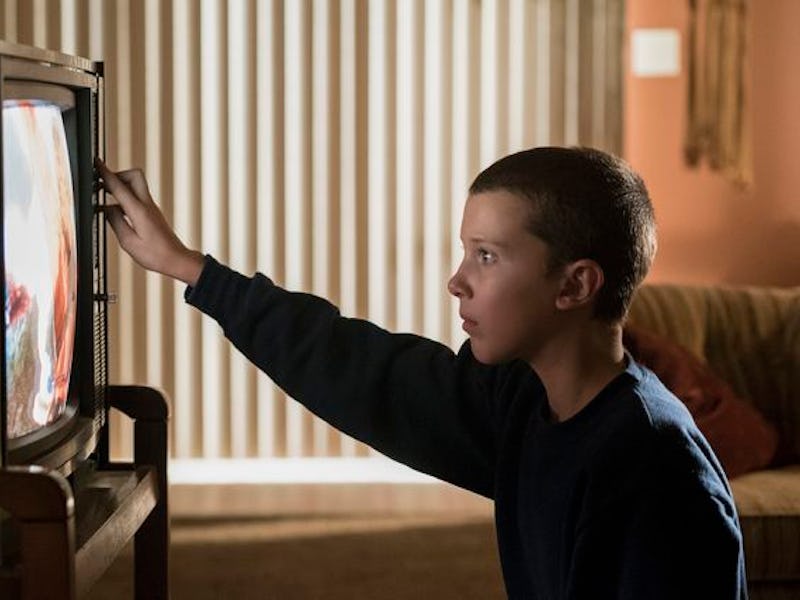Netflix Says Binge-Watching TV Boosts Movie Consumption
Prestige television hasn't killed movies yet.

It turns out if you prefer a cinematic detox between Netflix binges, you’re not alone. The company recently found in a study that 59 percent of its users wait about three days before starting a new series. Out of those users, 61 percent watch a movie on Netflix between binges. And not just any movie — the study found a strong correlation between its most popular original shows and a select set of films.
While this might seem like an obvious revelation given that the whole crux of Netflix’s technology is recommending things you want to watch based on a highly sophisticated algorithm, the findings still explain some neat patterns. For instance, we tend to stick to the same genre regardless of if we’re watching television or movies. Netflix gives House of Cards and Beasts of No Nation, both Netflix originals, as an example of a popular television and movie pairing. After watching a horror movie or television show, viewers tend to go the opposite route, selecting a lighthearted comedy.
Netflix's analysts found that after binging its most popular series, users tended to gravitate toward certain movies.
“Viewing patterns — like the binge pairings — are examples of potential signals that are incorporated into the later data set,” Erin Dwyer, media relations manager at Netflix tells Inverse. This means, yes, Netflix is driving you to some of those post-binge choices but also that your choices are constantly improving the company’s global algorithm.
One of the more interesting data points to come out of the study was that many users tend to gravitate toward subject related-documentaries after finishing a series. A healthy Netflix binge might actually end up leaving you more educated on a real-world topic.
“In this scenario, ‘movies’ are defined as standalone content, so stand-up specials and documentaries were included in the research,” Dwyer tells Inverse. “While we can’t speak to documentary viewing specifically, we did find it interesting that members were turning to documentaries after finishing a series, e.g. Narcos to Cartel Land, Luke Cage to The 13th, etc.”
Netflix couldn’t say if there were any particular movie-watching patterns for those other 41 percent of viewers who don’t partake in the binge and chill cycle. Presumably, there’s a percentage of users who rarely or never watch movies on the platform. The data also doesn’t account for age demographics because apparently alongside gender and geography it’s “garbage” data for predicting interests.
Netflix says this is the first time they’ve done research around the correlation of television and movie watching behaviors.
There’s a potential psychological explanation for the behavior as well — binge-watching fatigues our brains. Studies show that watching commercials can actually boost our appreciation of something by giving our brains a chance to readjust our “hedonic treadmill”, so maybe watching an Academy Award-winning film has just become the Netflix equivalent to that much-needed commercial break.